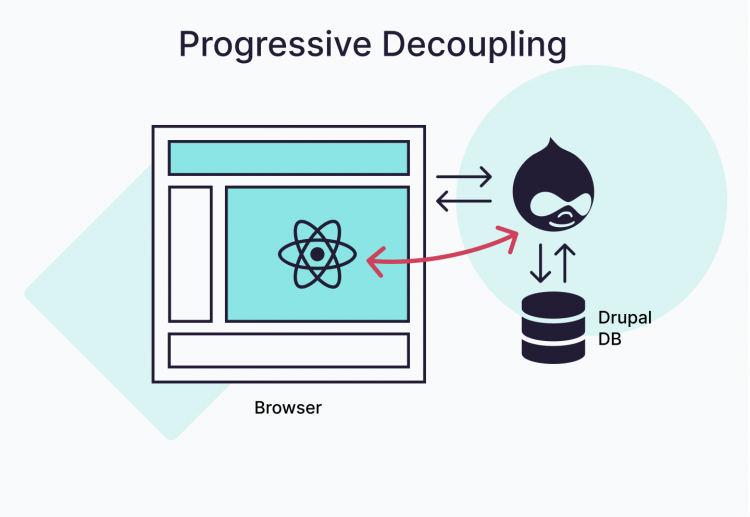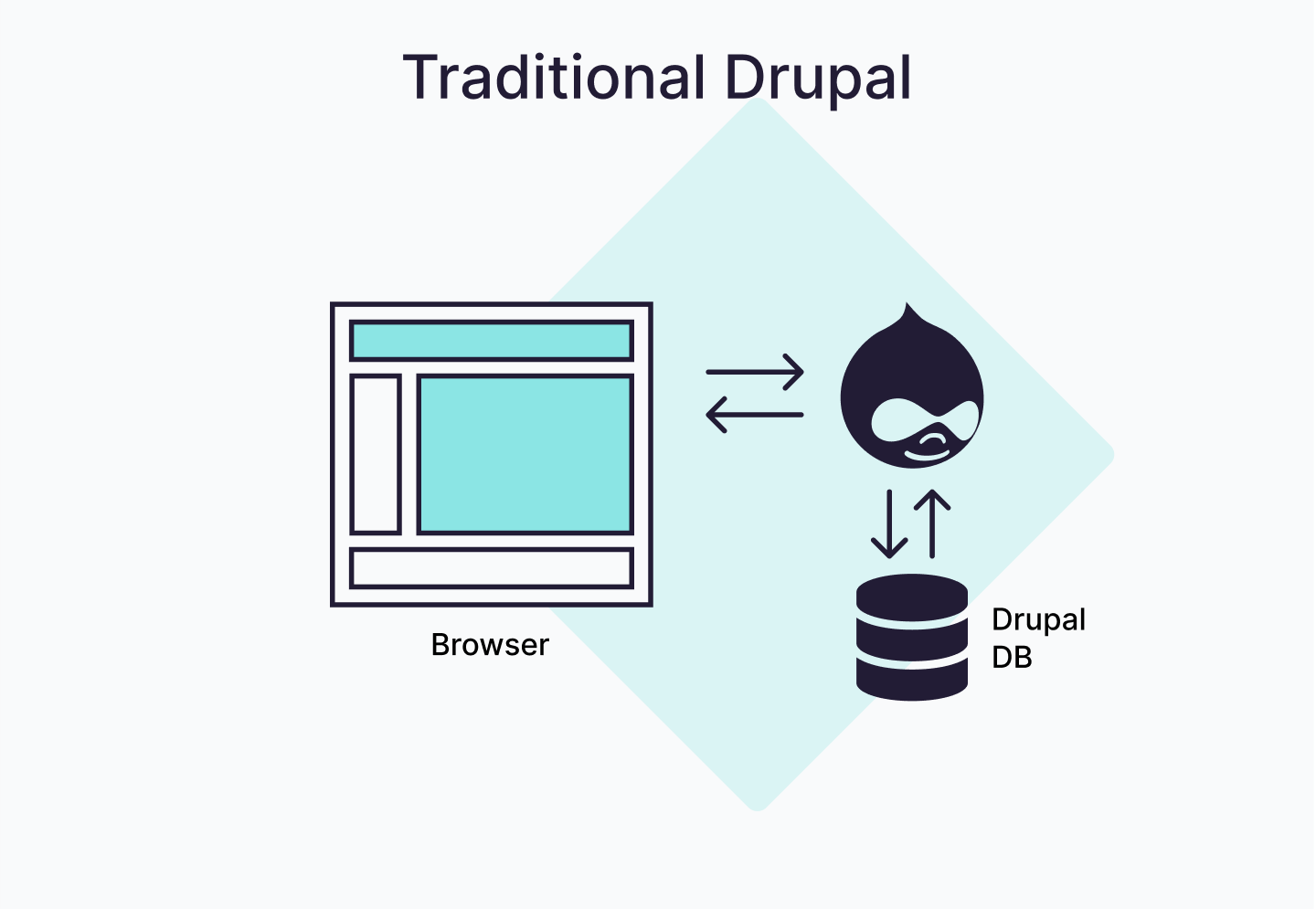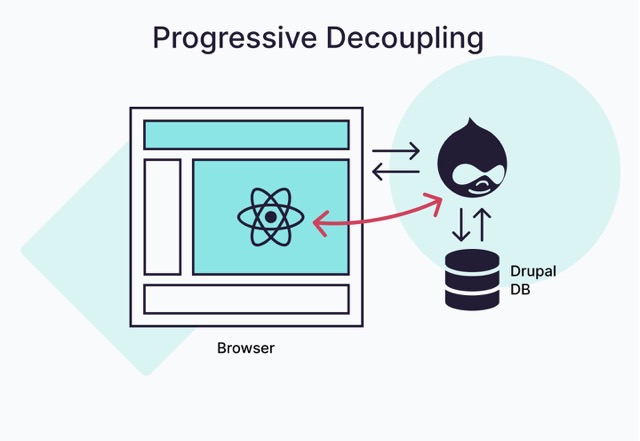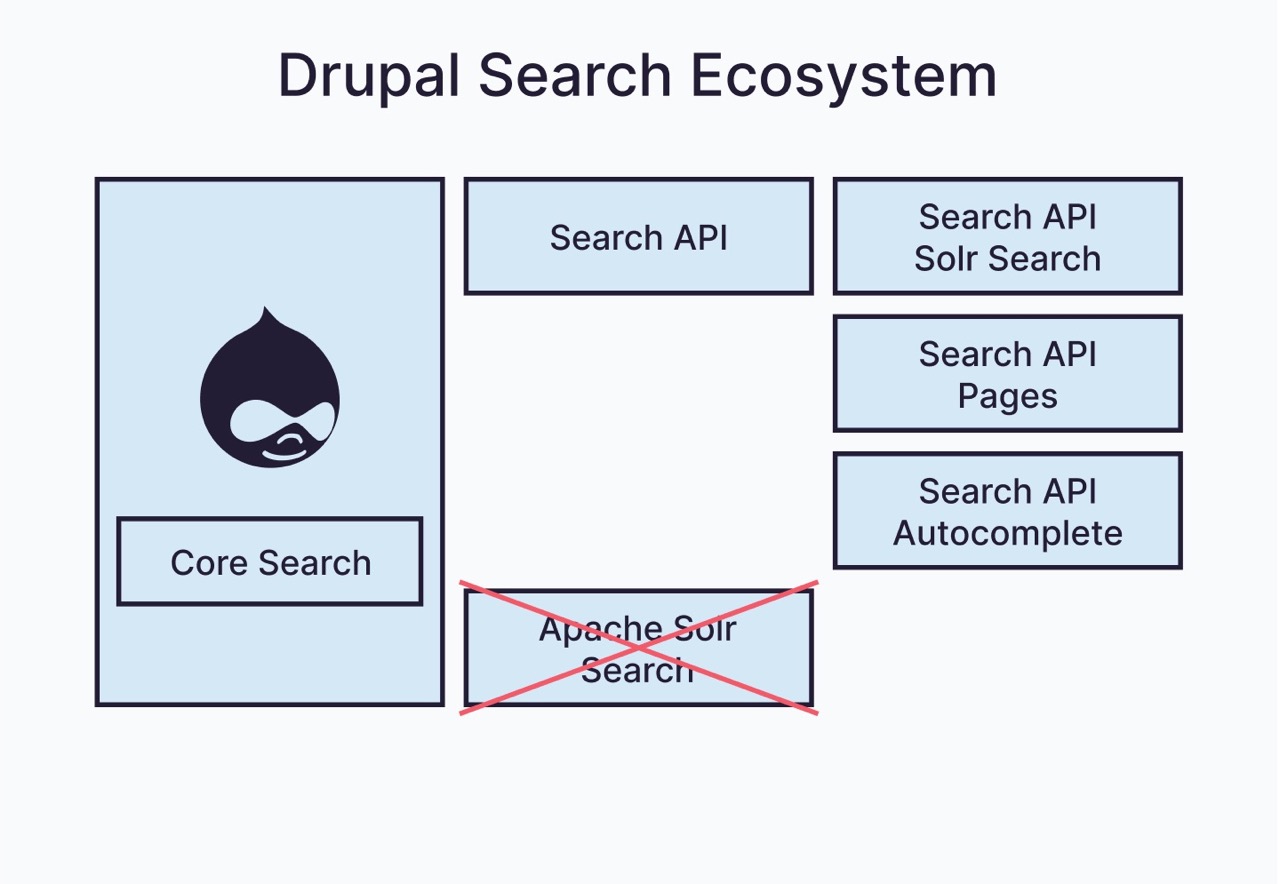This content was originally delivered as a talk at Drupal Camp Asheville and Design4Drupal Boston.
Omega, a non-profit, mission-driven educational retreat center, with its primary campus in Rhinebeck, NY, sought the expertise of Savas to improve search on their website.
Search is extremely important to them as they wanted to offer easier user engagement for the wide range of users that come to their site. They sought a search experience that would allow a user to see the breadth of information while also being able to easily drill into specific areas of interest. Equally as important, Omega wished to “future proof” search development as they look forward to an eventual Drupal upgrade.









